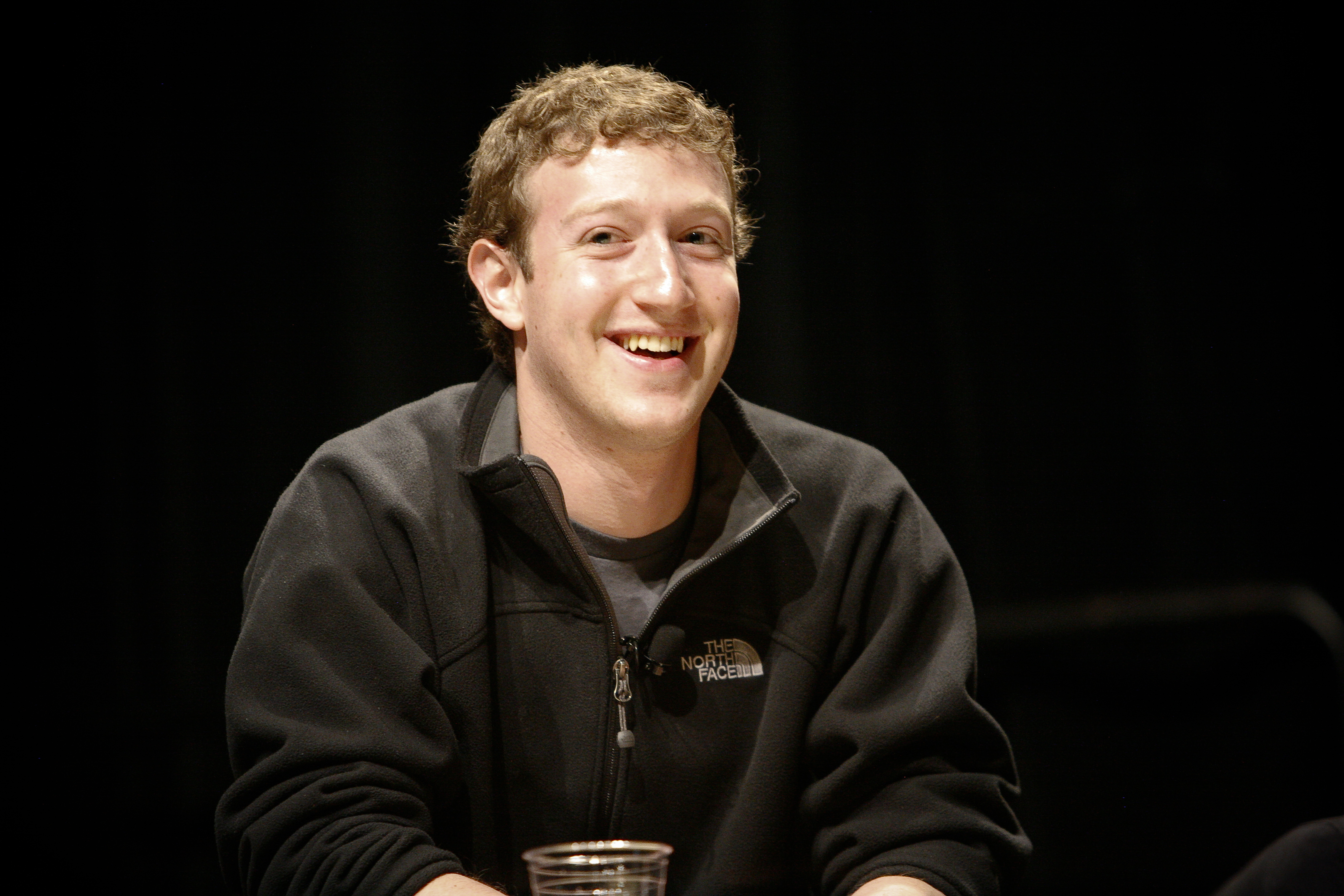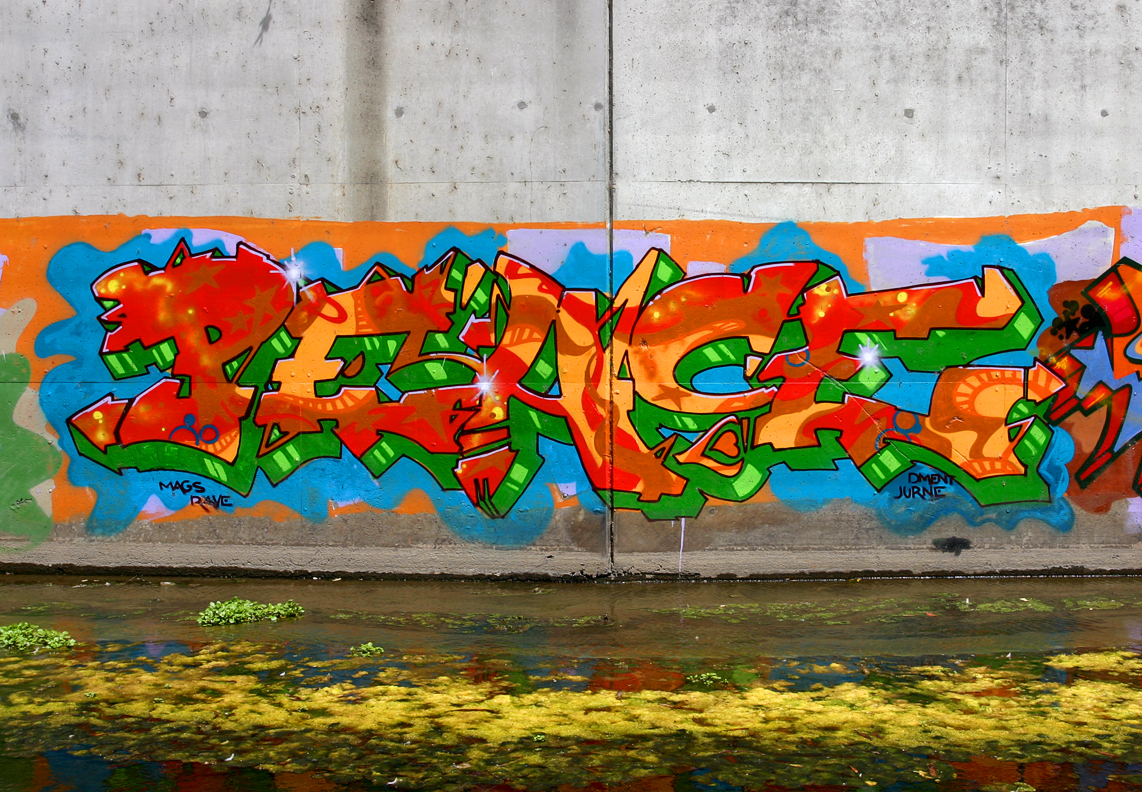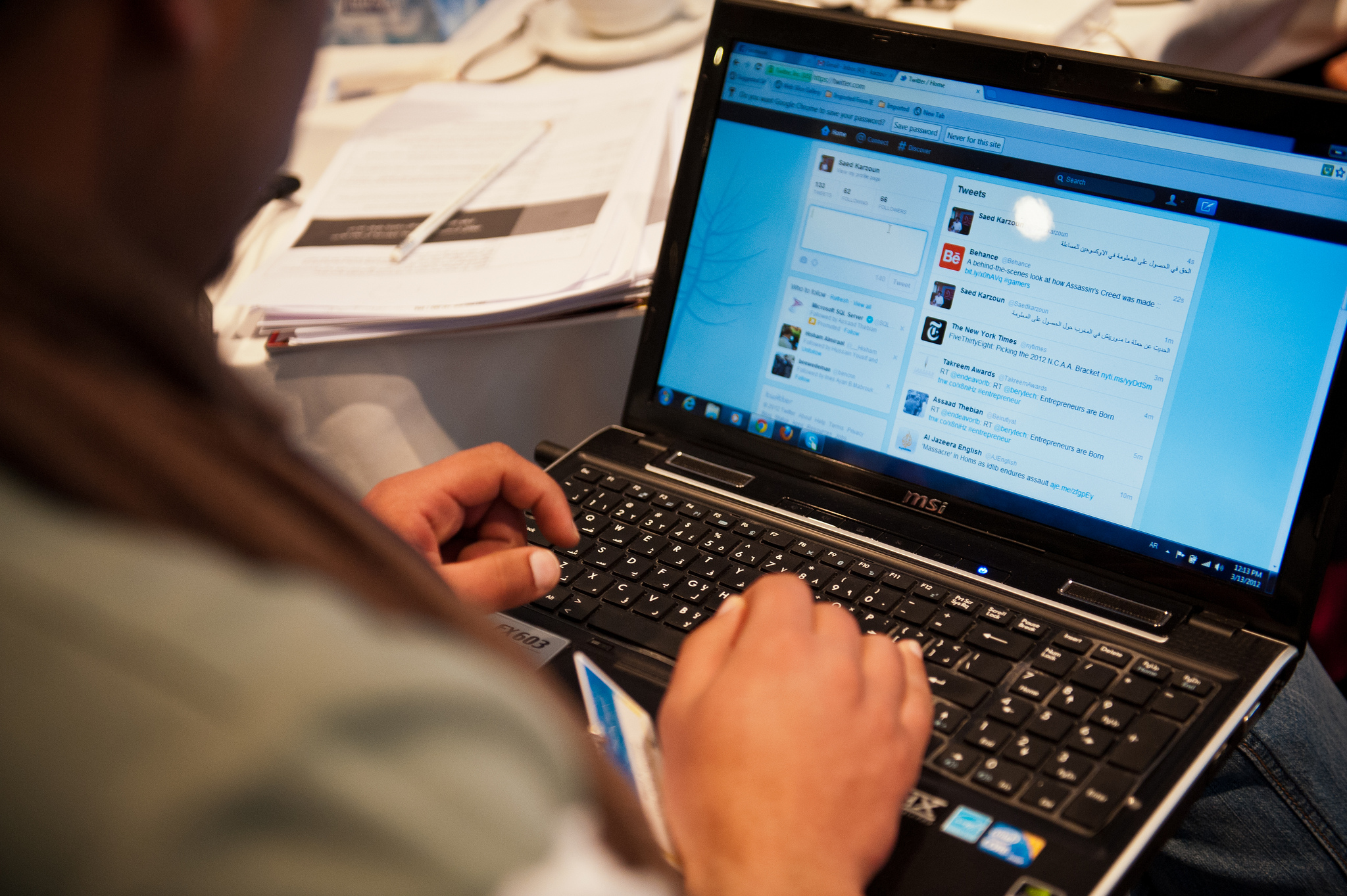In February of 2014, Maria Nucci attempted to sue Target after she slipped and fell on a work shift. In response, Target requested access to her Facebook profile in order to gather evidence on Nucci’s quality of life following the accident.
Saying that she had a “reasonable expectation of privacy” because of Facebook’s privacy settings, Nucci declined, and 36 photographs were removed from her profile two days following her objection.
The case was taken to the Fourth District Court of Appeals for the State of Florida, where in January of 2015, the three-judge panel ruled in favor of Target’s request for Nucci’s Facebook photographs.
“Because information that an individual shares through social networking websites like Facebook may be copied and disseminated by another,’ the expectation that such information is private, in the traditional sense of the word, is not a reasonable one,” the panel ruled.
Courts are still navigating how to use social media as evidence in legal cases. Currently, the main two issues complicating social media’s role in the courthouse are privacy, as in the Target case, and authentication.
Many social media sites require only an email to sign up, and those who require more don’t use any system to verify whether the person creating an account is in fact who they say they are.
Gibson Dunn partner Jennifer Rearden sums up the difficulties in using social media profiles as evidence: “Anybody can put anything on the Internet, and most Internet sites are not monitored for accuracy, so just because you have a print-out of someone’s profile page doesn’t mean you actually have confirmation they are controlling that page.”
Article via Legaltech News, November 2, 2015
Photo: Tumblr via Corrado [Creative Commons Attribution-NonCommercial-NoDerivs]




